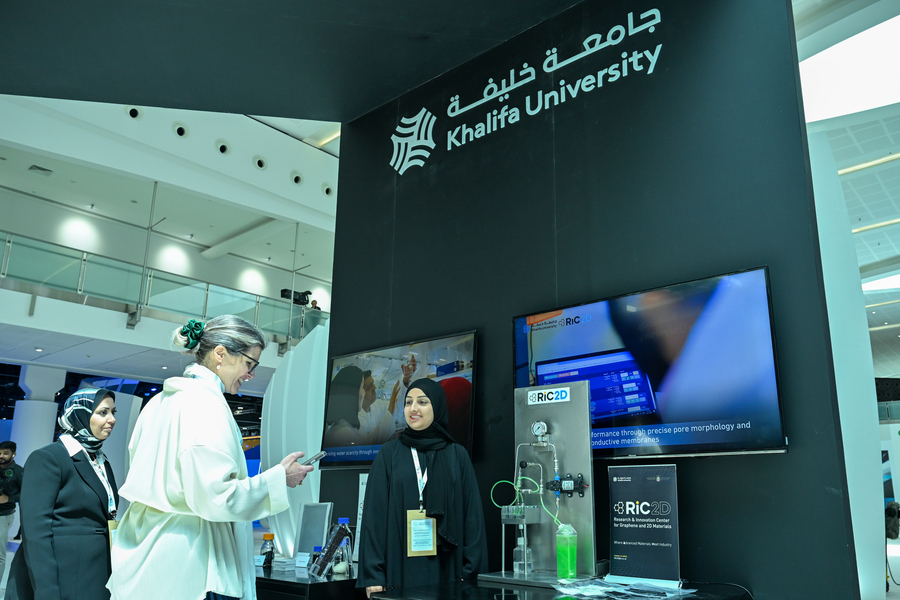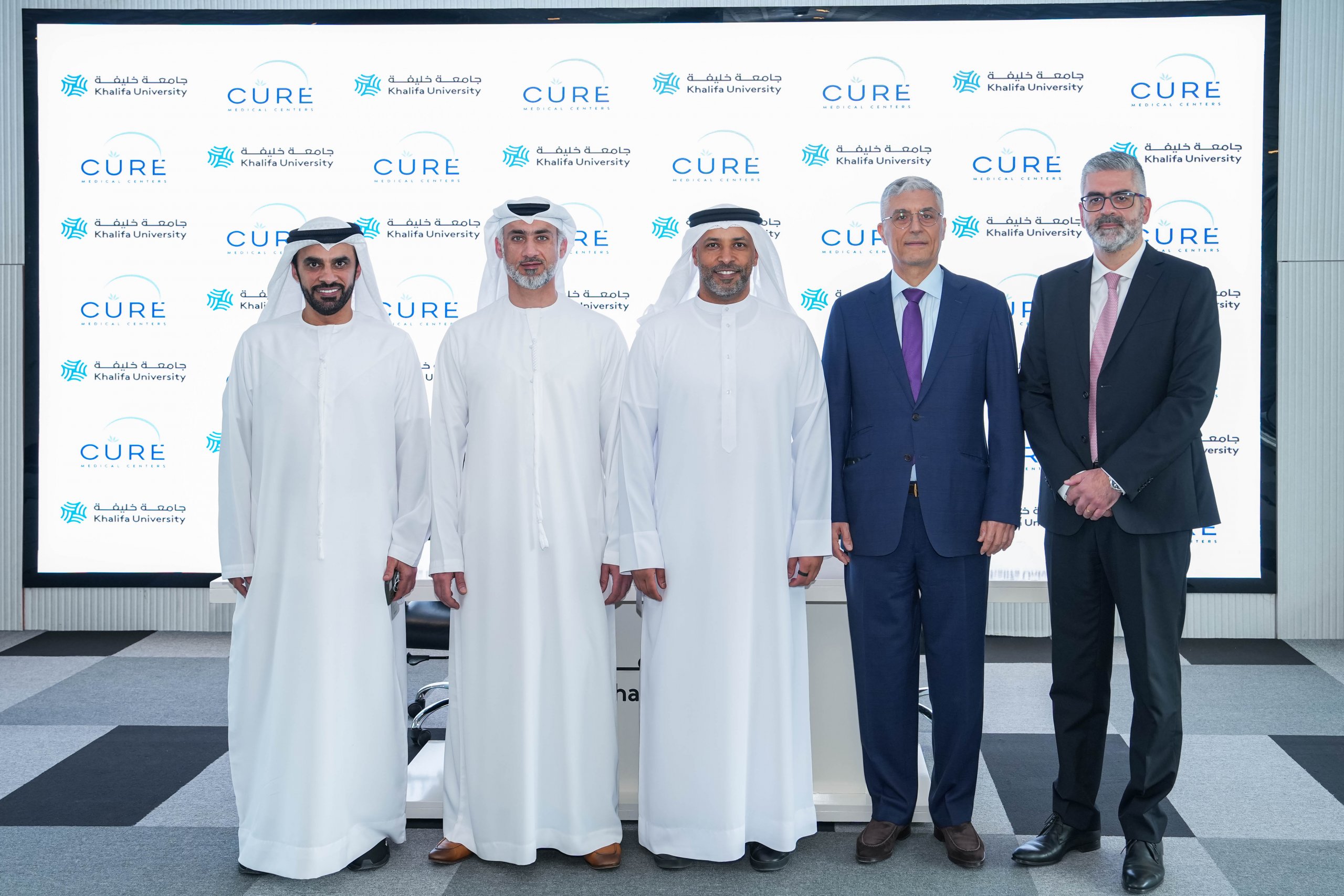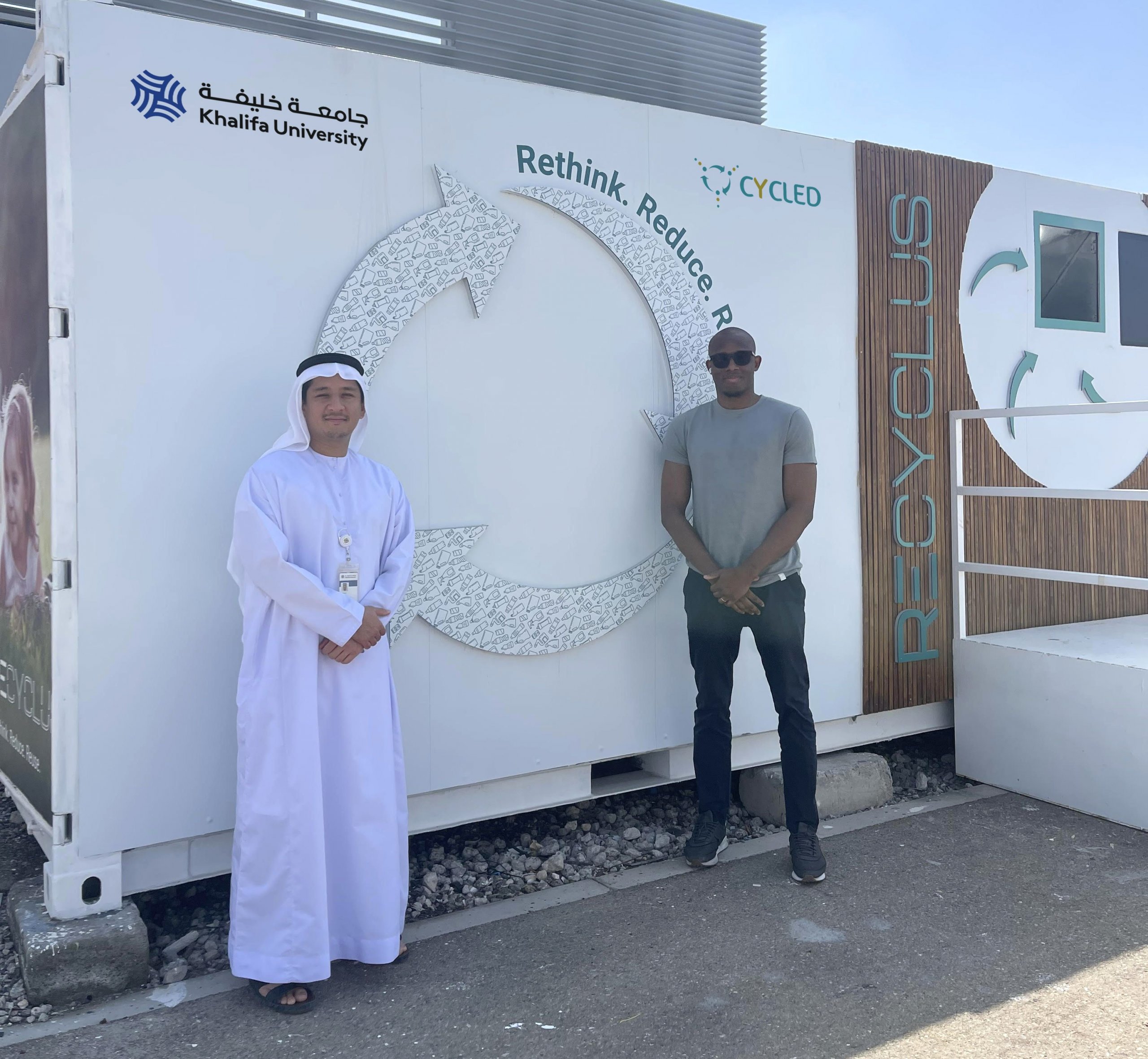Assessment Report Calls for Clear Policy and Legal Framework in GCC Region to Ensure Sustainable Deployment of Renewable Energy Projects
Abu Dhabi-UAE: 25 July, 2013 – Clear policy and legal framework with a consistent strategy will ensure sustainable deployment of the renewable energy projects across the GCC region, according to a GCC-wide study that was released today.
Titled ‘Renewable Energy Readiness Assessment Report: The GCC Countries 2011-2012’, the report (2013-The EU-GCC-Report) suggests that initiatives undertaken so far in the GCC represent a proactive approach to addressing energy security and environmental issues at international, regional and national scales.
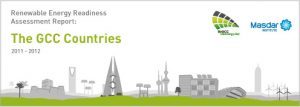
It reveals that most countries have not yet officially set their RE development targets and are yet to implement stable policies. The GCC has yet to come up with a consistent strategy for the region as well as individual national plans to achieve renewable energy technology (RET) deployment goals.
The report is an outcome of the collaboration between the GCC consortium on Clean Energy and the EU-GCC Clean Energy Network that aims to respond to the common interests of stakeholders in the GCC and the EU regions.
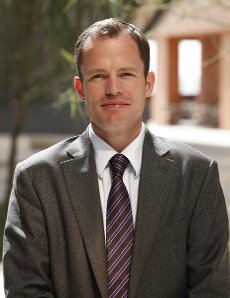 Dr Scott Kennedy, Dean of Research, and Associate Professor – Engineering Systems and Management, Masdar Institute, said: “The report identifies areas that need to be strengthened and spells out measures to be implemented in the GCC region. Such a study offers an avenue for governments across the region to channel their resources and lay the foundations for large-scale deployment of renewable energy. We firmly believe the report will quicken the pace of clean technology adoption in the region.”
Dr Scott Kennedy, Dean of Research, and Associate Professor – Engineering Systems and Management, Masdar Institute, said: “The report identifies areas that need to be strengthened and spells out measures to be implemented in the GCC region. Such a study offers an avenue for governments across the region to channel their resources and lay the foundations for large-scale deployment of renewable energy. We firmly believe the report will quicken the pace of clean technology adoption in the region.”
With a score of 4.75 out of 7, the UAE leads in the RE-readiness index with Saudi Arabia following closely with 4.60. The index shows that compared to the other GCC countries, the UAE and Saudi Arabia are more ready to integrate RETs for power generation.
On the other hand, in the renewable resources category, Qatar, Kuwait, Bahrain and Oman have received RE-readiness scores of 5.6, 5.5, 5.3 and 5.2, respectively, because of their substantial solar and wind resources. The UAE and Saudi Arabia follow with a score of 4.7 and 4.55 respectively, due to lower wind resources.

Hamza Kazim, Vice-President, Operations & Finance, Masdar Institute, who additionally represents the research-based institution at the EU-GCC Clean Energy Network and the GCC at the GCC Consortium, said: “This collaborative study is a testament to the extent of synergy that could be achieved among researchers in the GCC. The GCC has succeeded in attracting top researchers to address regional challenges and drive innovation through offering practical solutions. We hope the report will incentivize clean energy projects in the GCC region.”
The RE-readiness assessment framework has been developed by identifying the dominant barriers and supporting mechanisms for the deployment of RETs and then creating quantitative factors to rate their intensity. It organizes the factors according to three pillars – infrastructure, institution and human capital. Each factor is assigned a weight and a score between 1 and 7, with 7 being the highest readiness.
Identifying country-wide gaps for development of RETs, the report emphasizes that the GCC region is in need of a strong innovation and R&D environment to support the diffusion of new technologies.
Moreover, a prominent need for collaboration among the GCC energy research institutions and universities as well as international partners is identified. The report concludes by calling for sustained support from governments to overcome barriers to investment in renewable energy projects for power generation by minimizing energy subsidies and promoting RET investment.
While setting the GCC on a leadership path in renewable energy for sustainable development, these measures, if implemented, will benefit the GCC region encouraging the reduction of the domestic fossil fuel consumption and increasing oil and gas export revenue potential and preventing a near-term transition to the status of an energy importer.
The report aims to foster an understanding and development of RETs in the GCC countries, provide a wider introduction to energy and environmental issues, as well as develop a generic framework to assess RE-readiness of GCC countries as a case study.
Serving as a key pillar of innovation and human capital, Masdar Institute remains fundamental to Masdar’s core objectives of developing Abu Dhabi’s knowledge economy and finding solutions to humanity’s toughest challenges such as climate change.
Established as an on-going collaboration with the Massachusetts Institute of Technology (MIT), Masdar Institute integrates theory and practice to incubate a culture of innovation and entrepreneurship, working to develop the critical thinkers and leaders of tomorrow. With its world-class faculty and top-tier students, the Institute is committed to finding solutions to the challenges of clean energy and climate change through education and research.



